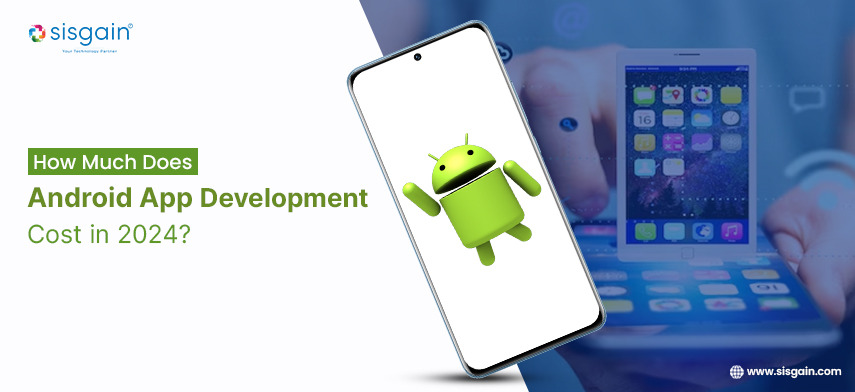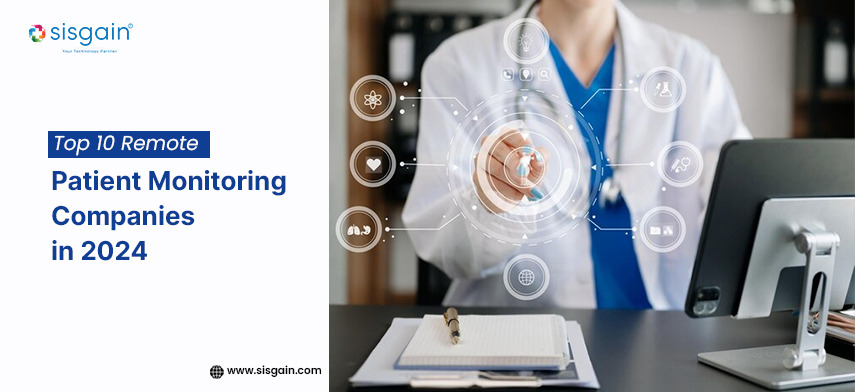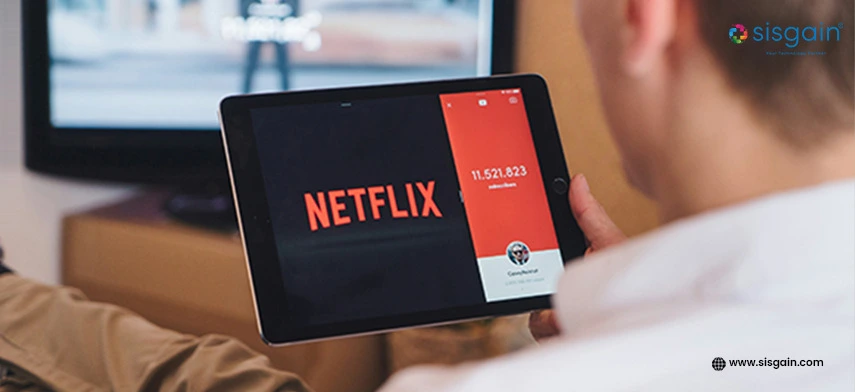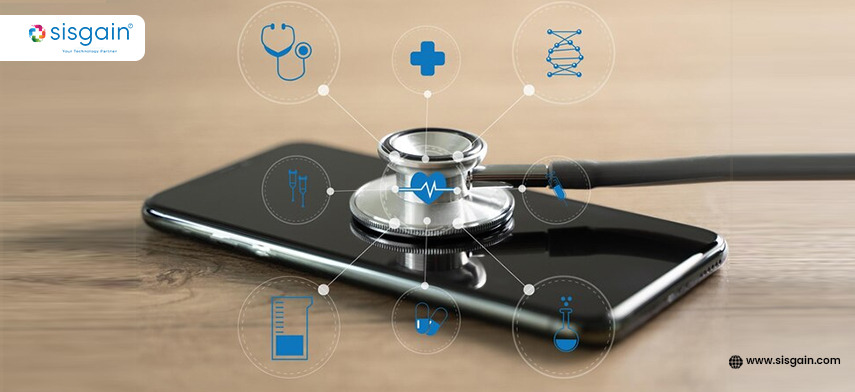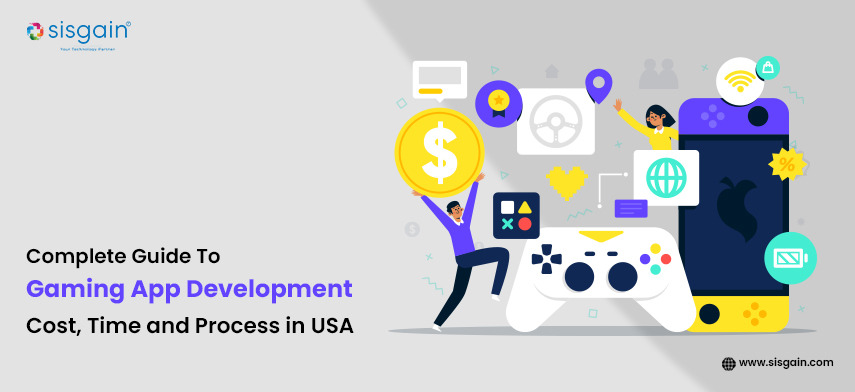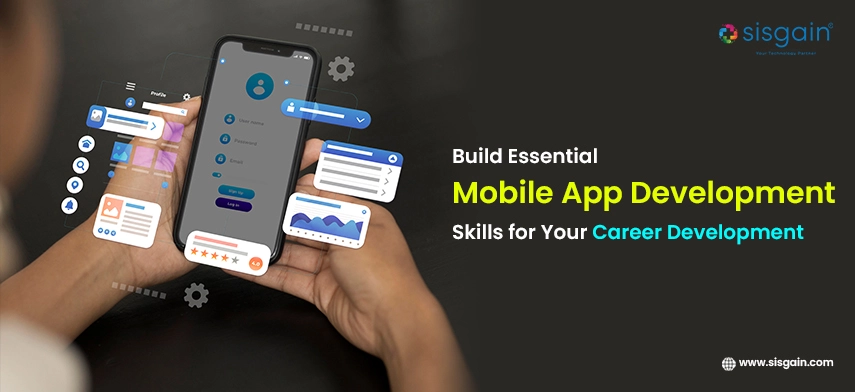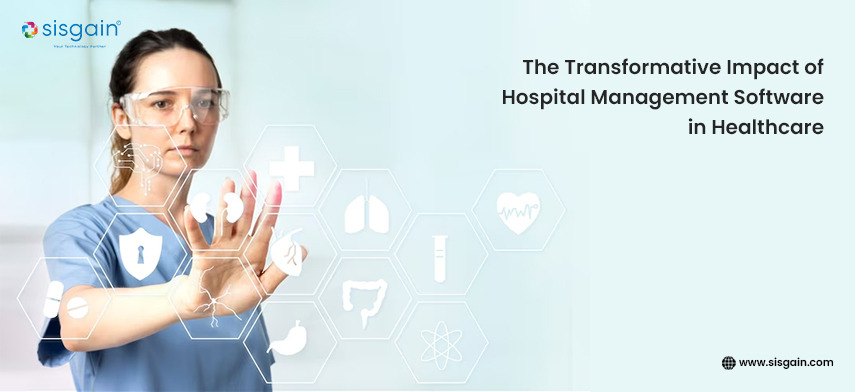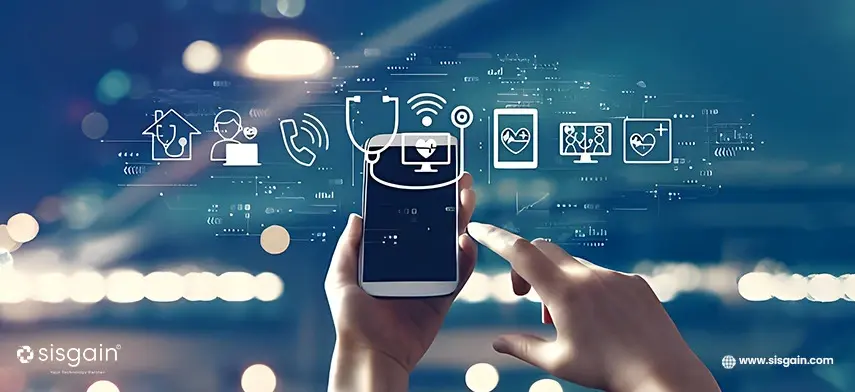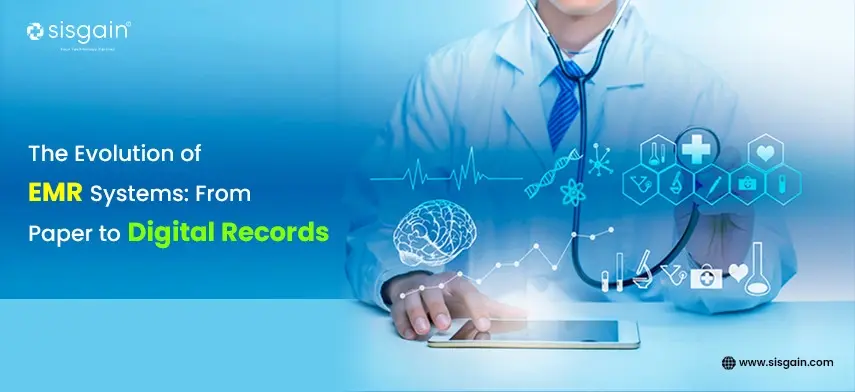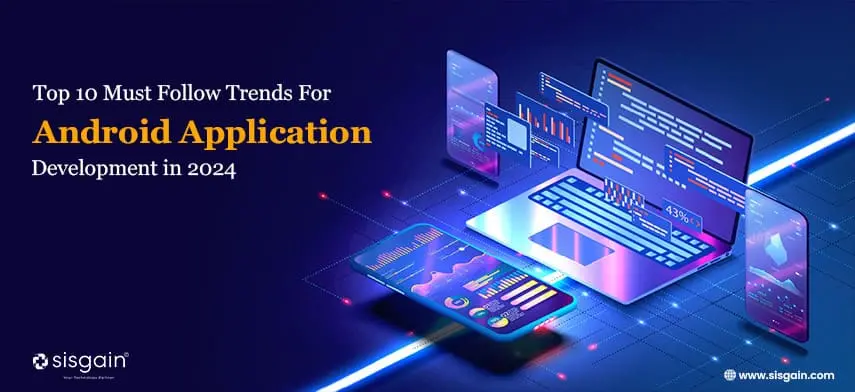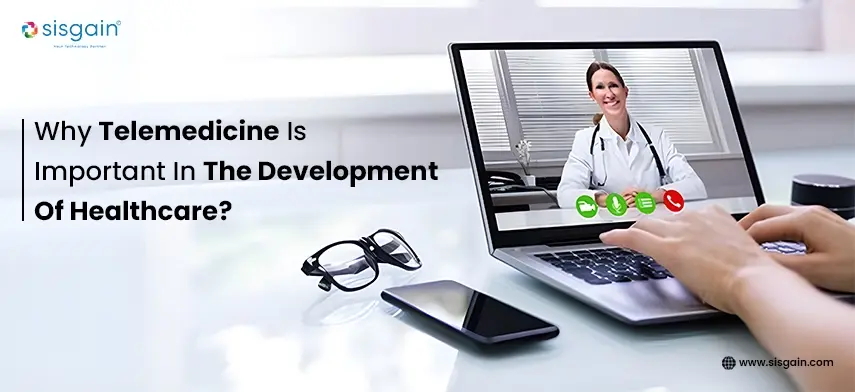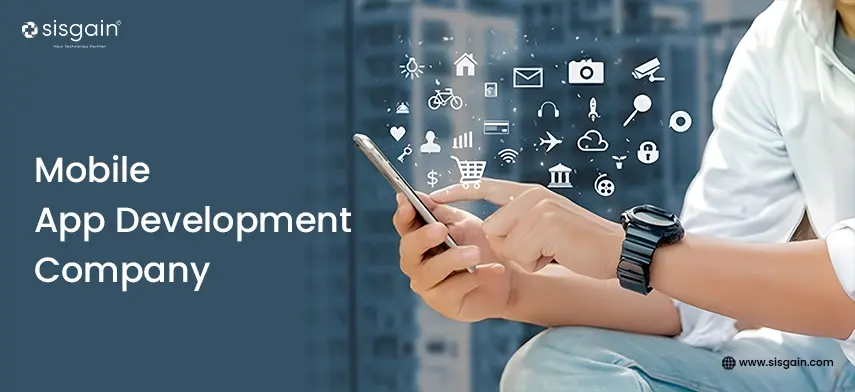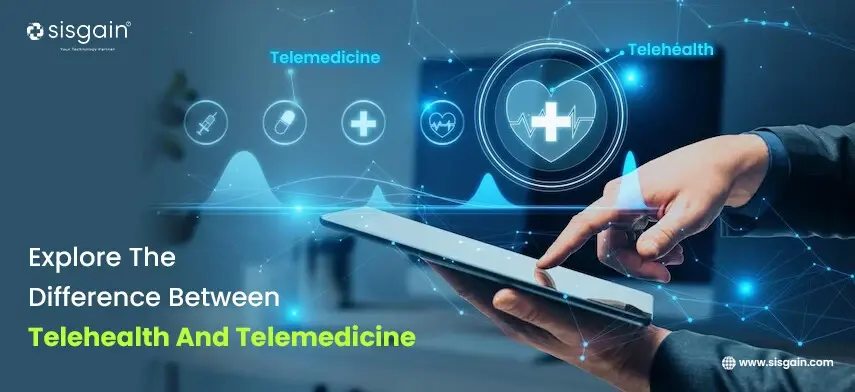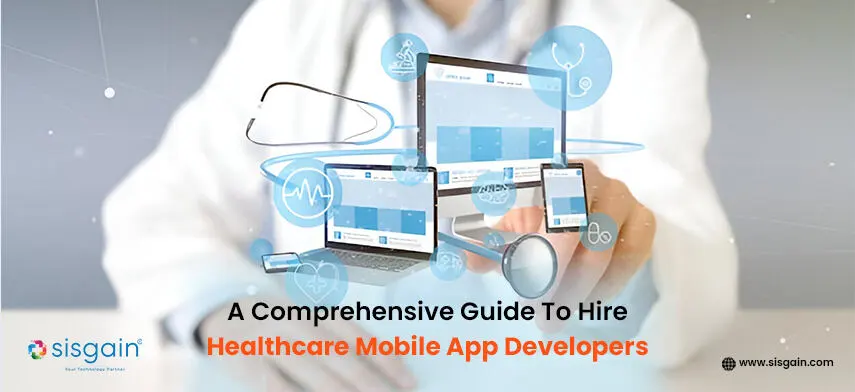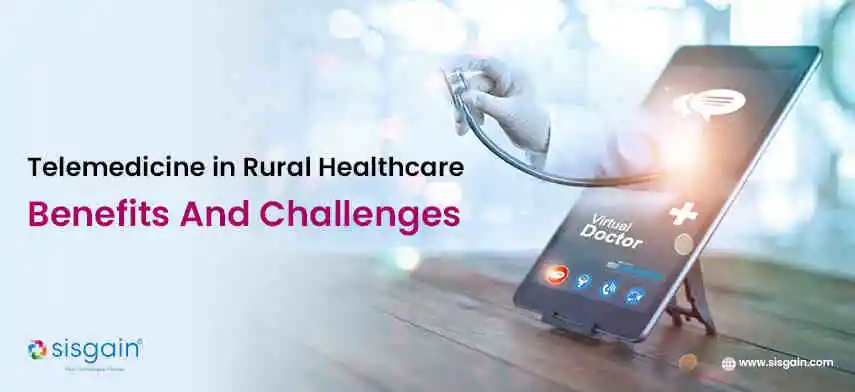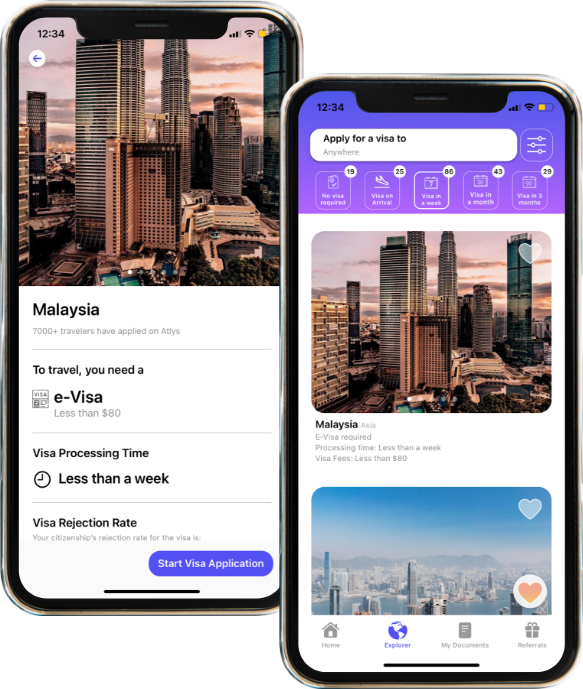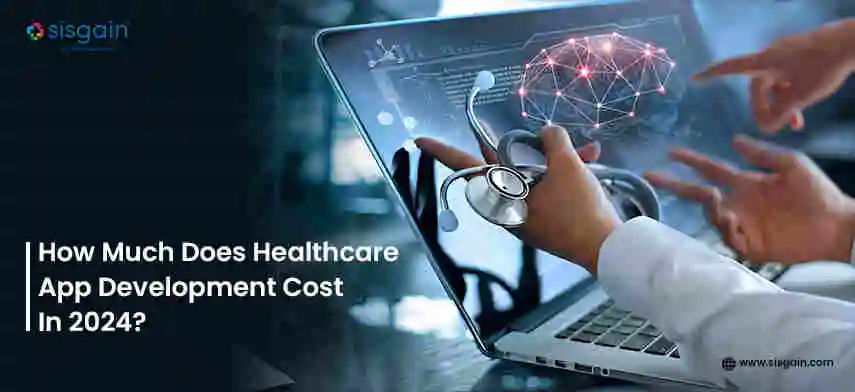 20 Dec 2023
David
How Much Does Healthcare App Development Cost In 2024?
0
20 Dec 2023
David
How Much Does Healthcare App Development Cost In 2024?
0
As per Market Data Forecast, the global mobile health market is forecast to reach USD 288.53 billion by 2028. That’s huge!
Technological advancements have revolutionised the healthcare sector. mHealth apps have become the norm, and virtual healthcare is being adopted at a rapid pace. The market share of mHealth apps is growing significantly. As per Statista, the global digital health market was valued at over 330 billion U.S. dollars in 2022. Based on current projections, it is anticipated that this amount will exceed 650 billion dollars by 2025.
Medical apps are at the heart of the healthcare digital revolution. mHealth apps can be developed to perform basic tasks like booking and scheduling appointments, as well as more sophisticated tasks like monitoring patients remotely. A healthcare app development company is responsible for creating innovative apps and software for medical services. These companies are proficient at using the latest technology stack and tools to build the most robust healthcare solutions.
The increasing popularity of virtual healthcare services is unparalleled. According to one study, 43% of millennials prefer to access patient portals from their smartphones. App development for healthcare needs a significant investment. Many factors need to be considered before approaching a health care app development company.
In this blog, we will discuss the factors that determine the cost of healthcare app development in detail. We will also look at the features and functionalities that can affect the development cost. Let us look at some of the popular types of healthcare apps. Let’s get started.
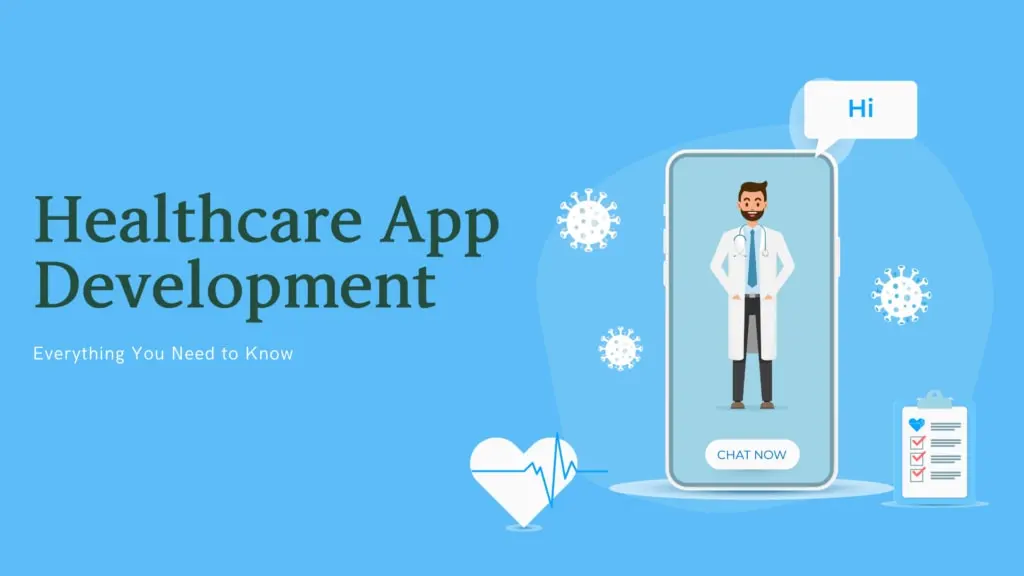
Types Of Healthcare Apps
➤ Telemedicine apps
Telemedicine apps are the most preferred medical apps by users. They offer various features for patients and doctors. These are generally used for remote consultations and virtual appointments. A telemedicine app allows users to connect with a doctor over a video call and have a quick consultation session.
➤ Wellness and fitness apps
Wellness and fitness apps are developed to help individuals track their health. These apps record vitals like blood pressure, pulse rate, body temperature, etc. These apps also help individuals track their health goals by calculating their caloric and protein intakes.
➤ Electronic health records (EHR)
Electronic health records (EHR) are the digital versions of traditional paper medical records. EHR software allows doctors to digitally store patient information and medical history. This software has made it possible for doctors to extract patient information and provide quick treatment.
➤ Medication reminder apps
It is common for patients to forget or skip their medicines. Medication reminder apps are built to do that. These apps remind patients when to take their medicines and when to refill their medicine stock.
➤ Diet apps
Diet apps allow users to create a personalised diet plan and follow it. These apps come with advanced features like integration with wearable devices, alerts and notifications, analytics and reports, etc.
➤ Remote patient monitoring software
Remote patient monitoring software is used by healthcare professionals to monitor their patients remotely. These systems are integrated with the various wearable devices that collect patient vitals and transmit them for further analysis. A custom healthcare software development company develops RPM software to help patients get convenient medical services.
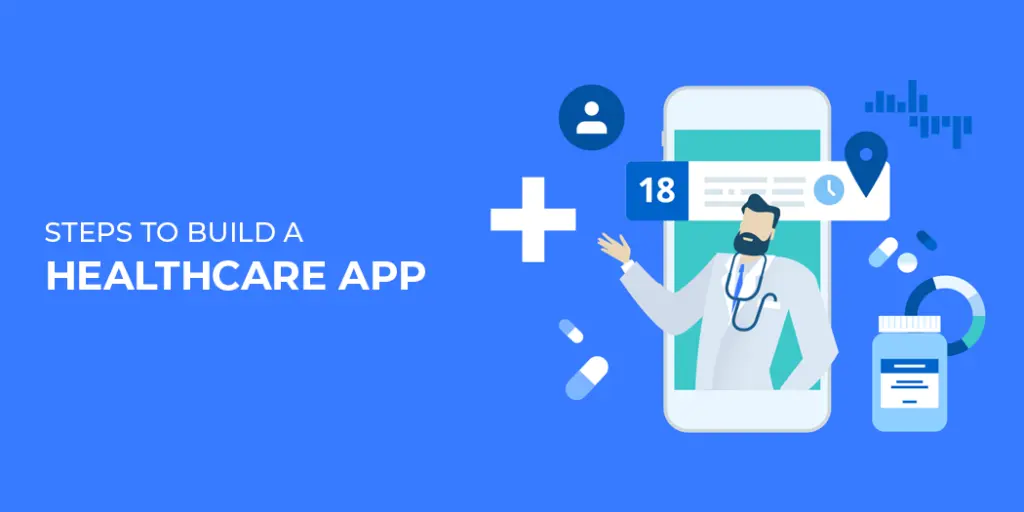
Key Features Of Healthcare Apps
The requirement of mobile applications in the healthcare sector is felt by patients and doctors alike. mHealth app features increase their functionality and usability. Following are some common features of medical apps.
➤ Patient and doctor profiles
The most common feature of any healthcare app is a user profile. After successful registration and signup, users can create their profiles. A doctor or a patient may be the user. A user needs to fill in their details for more accurate medical services.
➤ Search bar
Almost all healthcare apps have a search bar feature. It allows patients to look up doctors and other things.
➤ Notifications
The notification feature acts as a reminder of upcoming appointments, medications, or virtual consultation sessions.
➤ Chatbox
Health care app development also includes building chatboxes. Chatbox allows users to connect with doctors and practitioners over text messages. These also have the option of sharing media for enhanced services.
➤ Payment gateways
App development healthcare also includes the advanced feature of making payments via the app. The integration of various payment gateways makes it easy for patients to pay seamlessly for the services they avail.
➤ Medication reminders
This is another useful feature in any healthcare app. Medication reminders help patients take their medicines on time and keep track of their doses as well.
➤ Virtual consultations
Virtual consultations allow users to have a one-on-one consultation session with their healthcare providers. Patients can connect with their doctors via video calling and get quick recommendations.
➤ Education resources
Many healthcare apps have the option of accessing medical resources. These resources are books, articles, white papers, etc. by certified professionals that help users get insights into medical conditions, symptoms, and possible treatments.
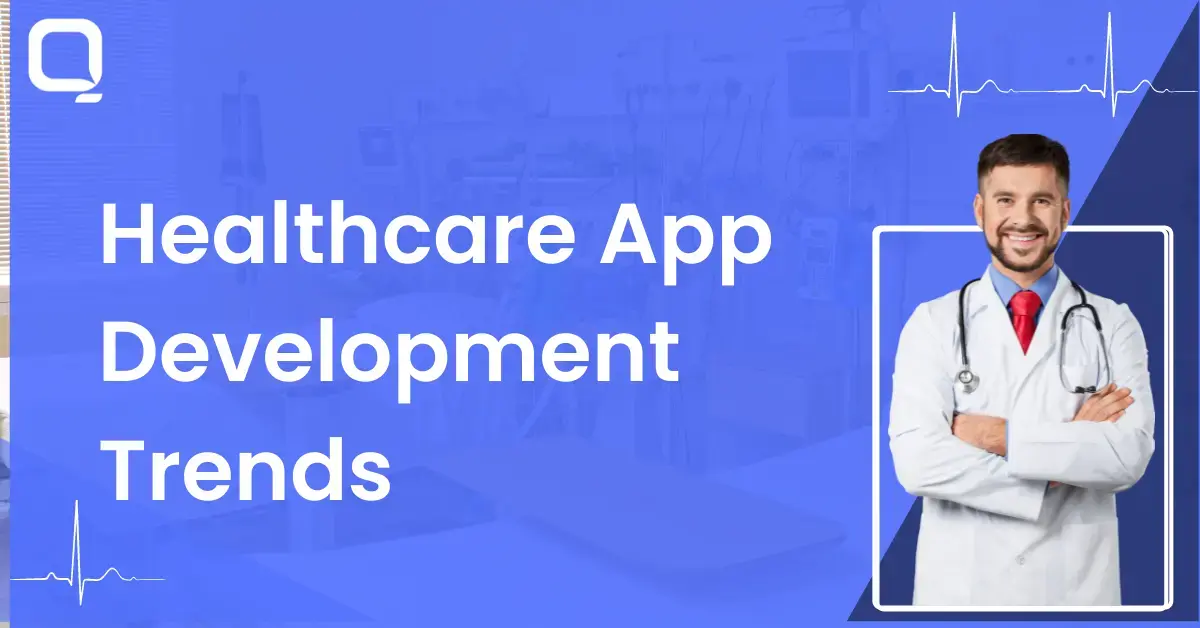
Factors That Affect The Cost Of Healthcare App Development
➤ Size of the application
The size of the healthcare application is a crucial factor in determining its cost. A comprehensive app or software with many functionalities will certainly add to its cost. Additionally, a complex website needs time to develop, hence more development hours.
➤ Platform used for development
The platform used to develop the app is another factor that determines the cost of health care app development. There are three platforms that healthcare apps are developed for. They are Android, iOS, and web. Developing a native mHealth app is more budget-friendly but it could limit your potential user base.
A healthcare app development company can provide you with the best of both platforms by offering cross-platform development. Cross-platform development is more lucrative than getting different apps for different platforms.
➤ Application design
The cost of app development for healthcare also depends on the design of the application. The user interface plays an important role in the overall success of healthcare apps. An attractive and intuitive app is preferred by end-users. Therefore, investing in the UI of the app is paramount.
➤ Regulatory compliance
App development healthcare needs to follow industry regulations. A healthcare app collects and stores sensitive patient data. Hence, it must adhere to the data protection rules set by the government. Industry regulations like HIPAA, GDPR, FDA, etc. must be met to ensure data security.
These regulations will certainly add to the overall development cost, but it is worth the investment. As the app owner, you must take care of the user's privacy.
➤ Maintenance and updates
Healthcare apps are digital solutions. Hence, they need constant maintenance and updates to keep them in the same condition and fix any bugs. This will certainly add to the overall cost of development. You must discuss the cost of app maintenance with the healthcare mobile application development company.
➤ Testing and quality assurance
Testing is an important phase in healthcare software development. Rigorous testing is needed to find any bugs and defects in the app. A bug-infected app or software will only cause problems for end users. A comprehensive app testing and quality assurance process will cost more.
➤ Third-party integrations
APIs and third-party integrations enhance the functionality of healthcare apps. But they come with additional costs too. So make sure to discuss the cost of API integrations with your custom healthcare software development company.
➤ Location of healthcare app development company
The cost of healthcare app development also depends on the location of the company or the developers. The hourly rates differ depending on the location. You can hire healthcare app developers from the US, UK, India, or Australia as per the hourly cost that fits your budget.
SISGAIN Healthcare App Development Cost
The cost of app development for healthcare will depend on the above-mentioned factors. SISGAIN has a proficient team of mobile healthcare app developers who are adept at developing the most innovative apps in a cost-efficient manner. The cost of app development will vary according to the type of solution you want. The average cost of healthcare app development ranges roughly between $50,000 and $350,000. This can go up depending on the features, complexities and integrations. To get an estimated cost for your health app, kindly connect with our consultant team.
Final Words
At last, we are at the end of this blog. Healthcare mobile application development is a comprehensive process. mHealth apps need to be feature-rich to provide users with the best healthcare services. These apps must also adhere to industry regulations to ensure patient data security. If you want to get the most robust and feature-rich apps, then discuss the cost of various integrations in detail with your healthcare app development company.

